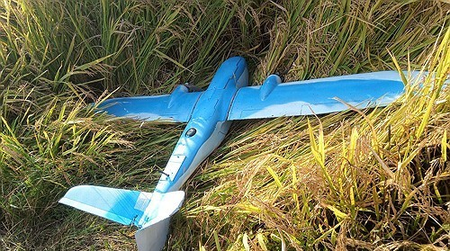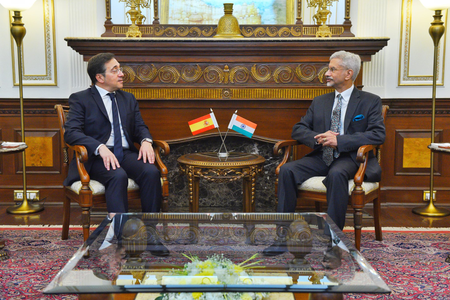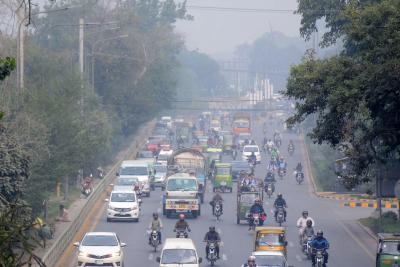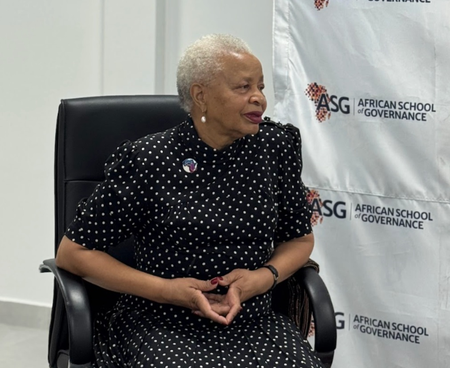
Seoul, Feb 18 (IANS) South Korea needs to accept more foreigners and seek other comprehensive measures to tackle problems in connection with its ultra-low birth rate and rapid ageing, a senior presidential committee official said on Tuesday.
“Rather than putting policy focus only on how to boost birth rates, we now need to have more comprehensive perspectives and devise solutions, such as attracting more foreigners,” said Joo Hyung-hwan, vice chairman of the Presidential Committee on Ageing Society and Population Policy, during a forum in Seoul.
The country is experiencing grim demographic changes, as many young people opt to postpone or give up on getting married or having babies in line with changing social norms and lifestyles, as well as amid a tough job market and high home prices.
The total fertility rate, which means the average number of expected births from a woman in her lifetime, is forecast to come to 0.75 in 2024, which is far below the 2.1 births per woman needed to maintain a stable population without immigration.
“We should create decent environments that attract foreign talent, particularly in advanced industries and young workforce, and come up with innovative measures for social integration,” Joo said.
The number of foreigners staying in South Korea came to around 2.65 million in 2024, accounting for about 5 per cent of the total population, according to government data, Yonhap news agency reported.
South Korea’s declining birth rate is driven by several factors, including skyrocketing housing costs, demanding work cultures, gender inequality, and the high cost of raising children. Many couples delay or decide against having children due to financial pressures and a lack of sufficient support systems, which further worsens the population decline.
In response to this crisis, the South Korean government has implemented a range of policies designed to alleviate the financial burden of child-rearing.
Generous financial support: Parents receive a monthly cash allowance of 700,000 Won (approximately $520) for each child under one year old and 350,000 Won ($260) for children aged one to two. This allowance is set to increase to 1 million Won ($740) per month in the near future.
Housing assistance: Special housing programs provide subsidised loans and affordable rental options for young couples and families with children. The government also prioritises public housing access for families with multiple children.
Workplace reforms: Paid parental leave policies have been expanded, allowing up to 18 months of leave per parent, with added flexibility to encourage fathers to take on caregiving responsibilities. Companies are encouraged to adopt family-friendly work cultures through tax incentives and subsidies.
Education and healthcare: The government has introduced free childcare services for children under five, as well as free public education, significantly reducing financial strain on parents. Healthcare for children, including vaccinations and medical treatments, is either free or heavily subsidised.
Community support programmes: Local governments are creating family-friendly environments with initiatives such as play centres, parent counselling services, and community childcare cooperatives to support working parents.
South Korea’s ambitious child-rearing incentives are being closely observed around the world, particularly by countries facing similar demographic challenges, such as Japan, Italy, and Germany.
–IANS
int/jk/dan




